

Personalized Health, Lasting Results
Weight Loss & Metabolic Health
Weight Loss & Metabolic Health Treatments
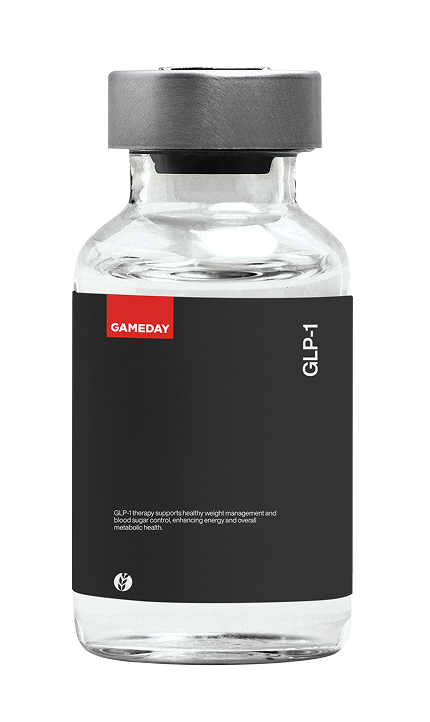

GLP-1 Medications
GLP-1 therapy supports appetite regulation and blood sugar control to help men achieve steady, sustainable weight loss and improved metabolic health. For men who have tried diet and exercise yet still struggle with excess weight or energy dips, GLP-1 offers a medically-supervised option that aligns with performance, wellness and hormonal balance.
Offered at select clinics.
GLP-1 Medications
GLP-1 therapy supports appetite regulation and blood sugar control to help men achieve steady, sustainable weight loss and improved metabolic health. For men who have tried diet and exercise yet still struggle with excess weight or energy dips, GLP-1 offers a medically-supervised option that aligns with performance, wellness and hormonal balance.
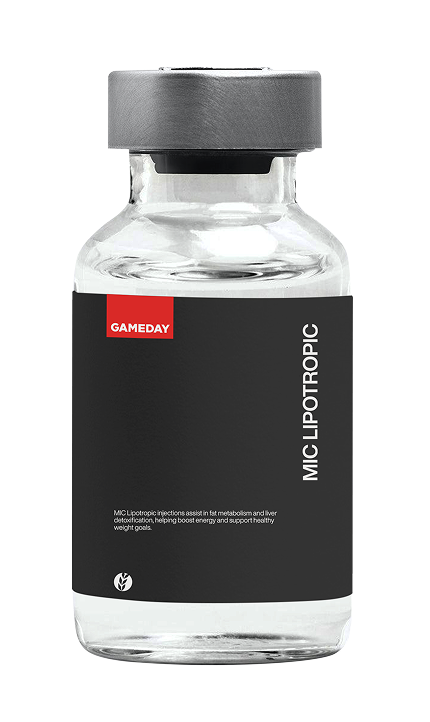

MIC Lipotropic + B12 Injections
MIC B12 injections deliver key nutrients designed to support fat metabolism, improve liver function and enhance overall energy. Ideal for men who train hard, travel often or need an extra metabolic boost, this therapy complements your lifestyle and helps your body make the most of your effort.
Offered at select clinics.
MIC Lipotropic + B12 Injections
MIC B12 injections deliver key nutrients designed to support fat metabolism, improve liver function and enhance overall energy. Ideal for men who train hard, travel often or need an extra metabolic boost, this therapy complements your lifestyle and helps your body make the most of your effort.


Body Composition Scans
Our body composition analysis using the Body Composition Scans provides a detailed breakdown of your muscle mass, body fat percentage, hydration status and visceral fat levels. This precise baseline helps you see beyond the scale, understand your body’s strengths and weaknesses, and track meaningful progress in your weight loss and metabolic journey.
Offered at select clinics.
Body Composition Scans
Our body composition analysis using the Body Composition Scans provides a detailed breakdown of your muscle mass, body fat percentage, hydration status and visceral fat levels. This precise baseline helps you see beyond the scale, understand your body’s strengths and weaknesses, and track meaningful progress in your weight loss and metabolic journey.
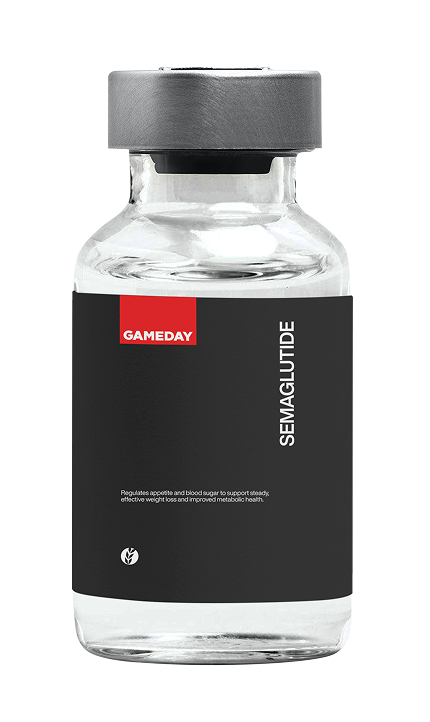

Semaglutide
Semaglutide is a GLP-1 medication that helps reduce appetite, curb cravings, and improve metabolic function to support steady, sustainable weight loss. By slowing gastric emptying and improving insulin response, semaglutide makes it easier for men to stay consistent with nutrition and see meaningful progress. At Gameday Men’s Health, semaglutide is integrated into a personalized weight-management program designed to help men lose weight safely and effectively.
Offered at select clinics.
Semaglutide
Semaglutide is a GLP-1 medication that helps reduce appetite, curb cravings, and improve metabolic function to support steady, sustainable weight loss. By slowing gastric emptying and improving insulin response, semaglutide makes it easier for men to stay consistent with nutrition and see meaningful progress. At Gameday Men’s Health, semaglutide is integrated into a personalized weight-management program designed to help men lose weight safely and effectively.
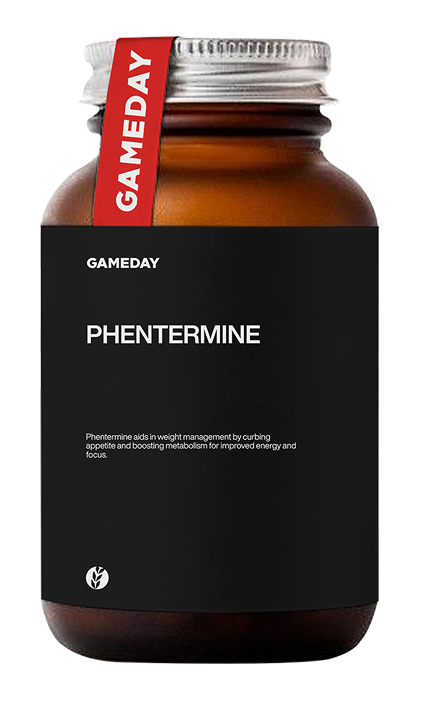

Phentermine
Phentermine therapy is a clinically-guided tool that reduces hunger and boosts metabolic activity to help men manage weight more effectively. Paired with structured nutrition and training, it can help accelerate progress and break through plateaus. At Gameday Men’s Health, we integrate phentermine into a complete weight-loss strategy tailored for men who demand results from their efforts.
Offered at select clinics.
Phentermine
Phentermine therapy is a clinically-guided tool that reduces hunger and boosts metabolic activity to help men manage weight more effectively. Paired with structured nutrition and training, it can help accelerate progress and break through plateaus. At Gameday Men’s Health, we integrate phentermine into a complete weight-loss strategy tailored for men who demand results from their efforts.
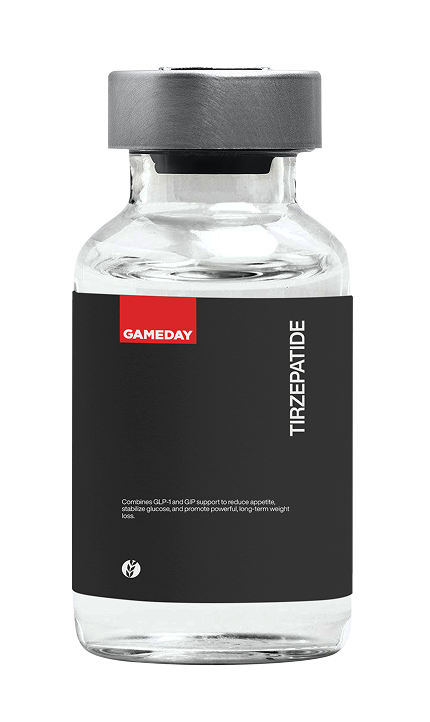

Tirzepatide
Tirzepatide is a dual-action metabolic therapy that supports weight control by improving insulin sensitivity, reducing appetite, and enhancing satiety. It helps regulate blood sugar levels and supports steady fat loss when combined with proper nutrition and lifestyle habits. This option is ideal for men seeking a guided, medically supervised approach to sustainable weight-management results.
Offered at select clinics.
Tirzepatide
Tirzepatide is a dual-action metabolic therapy that supports weight control by improving insulin sensitivity, reducing appetite, and enhancing satiety. It helps regulate blood sugar levels and supports steady fat loss when combined with proper nutrition and lifestyle habits. This option is ideal for men seeking a guided, medically supervised approach to sustainable weight-management results.
Compare Weight Loss & Metabolic Health Treatments


